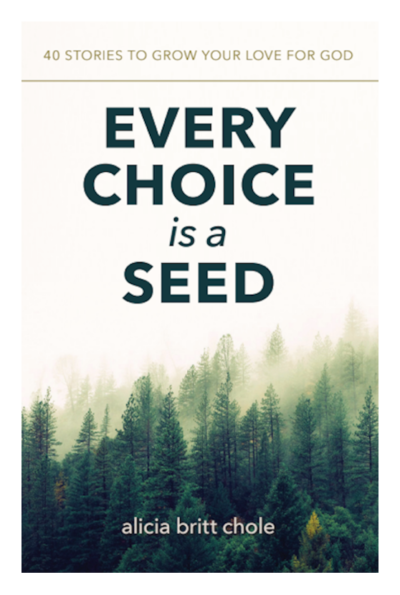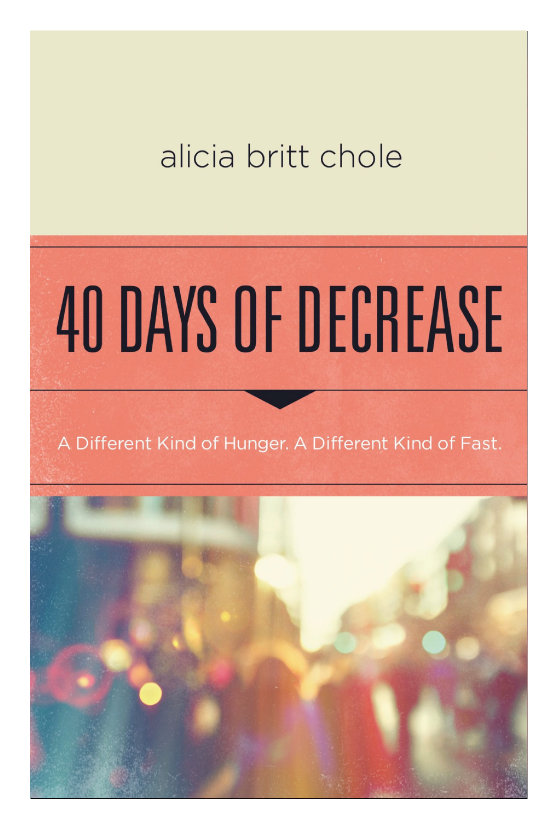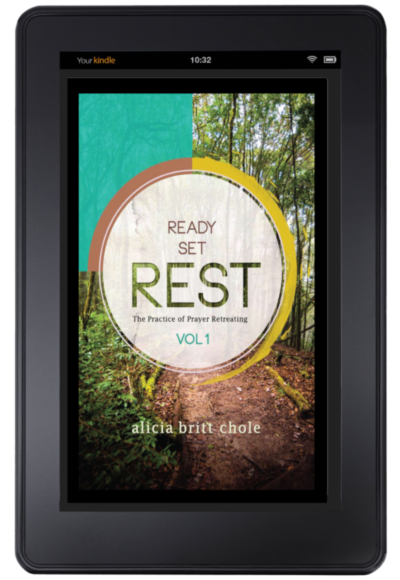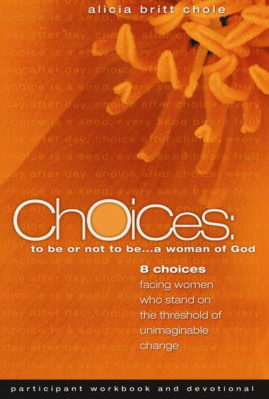This month, I was able to speak with Alex and Chelsea Workman and answer some questions about the theme of this month’s letter, which is “The Nature of Hope.” Below you will see some of our discussion. We also got a lot of great feedback and some questions from you, so I wanted to be sure to answer some of those as well, which you will find below the q&a discussion.
P.S. For future letters, I hope to add some questions from you! (you can email them to grow@aliciachole.com or send me a tweet @aliciachole!) I’d love to hear your thoughts, so each month I’ll be giving a gift to someone who comments on the Q&A! This month, the winner will receive a copy of Dr. Beth Grant’s book, Courageous Compassion: Confronting Social Injustice God’s Way.
ALEX & CHELSEA :: May’s theme is “The Nature of Hope.” Why this theme and why now?
ALICIA :: I grieve each May for those whose hearts carry an unfulfilled ache for a child: the extraordinary women and men (who would make extraordinary parents) who live with painfully empty dreams.
We are, generally speaking, rather clumsy in handling unfulfilled longings. We speak Pollyanna-esque about “just around the corner” and “next time” and “God has a plan.” We try to comfort the mourning by speaking of dreams as “delayed” not dead. We mistake positivism for faith.
So while the church is attempting to encourage the broken hearted with “tomorrows,” some have had to attend the funeral for their dreams alone. Jesus was there. He saw them and He wept with them. Jesus affirmed them for sowing their love—their enormous love—in multitudes…and He held them and their dreams in His arms.
So my love for such souls inspired the theme but a sober look at hope will benefit us all. Our working definitions of concepts like hope directly affect the stability and strength of our faith, peace, and contentment.
It’s easier to “hope” when the tree is green. But hope as defined in the Scriptures is unaltered by the seasons. Hope is not a synonym for wish.
ALEX & CHELSEA :: Hopes and wishes—can you break down the difference between the two?
ALICIA :: Happy to…soon! I did a study on the word hope several years ago. It was incredible to see the consistency in hope’s anchor and focus cover-to-cover throughout the Scriptures. I’ll unpack those thoughts in May’s blogs.
ALEX & CHELSEA :: We’ll look forward to them! Tell us about Dr. Beth Grant and her interview this month.
ALICIA :: I met Beth around ten years ago and we quickly became friends. Beth’s deep devotion to Jesus manifests in wisdom and activism. Along with her husband and national leaders, she serves women and children affected by human trafficking in Asia. I wanted to interview Beth on “The Nature of Hope” because she has to offer a hope with enough substance to be meaningful to souls living in hell on earth. She has something to say about hope to us all.
QUESTIONS FROM YOU
What is your favorite book and why? – @JediMasterAng – Practicing His Presence by Brother Lawrence and Frank Laubach. I read the book in 1985 and was captivated by the invitation to live in continuous communication with Jesus, beholding Him moment-by-moment in loving attention.
How do we balance vulnerability and boundaries? – @Generation3_4_1 – By doing both for the love of God and never from the fear of man. Be vulnerable for the love of God, not the love of attention or pity. Have boundaries for the love of God, not to keep others out or yourself in. This is less about balance and all about motivation. In Christ, He is continually calling us to renounce fear and risk living out of love for Him.
Can you address some roots that “Twenty-somethings” need to develop in order to prepare for mentorship and to mentor? – @Generation3_4_1 – Oh, please, please, fall in love with God’s Word. Read it to form, not to increase in information. Read it to meet your Maker, not to check off a list. His voice is in His Word and that voice anchors us in the midst of a crazy world and even crazier emotions. To mentor, you must be anchored–know who you are, know who you aren’t. Otherwise you mentor others to find value and that will eventually become abusive. But when you mentor having heard His voice over you, your presence is empowering, not sickly, and you draw others’ attention to the true mentor, Jesus.





